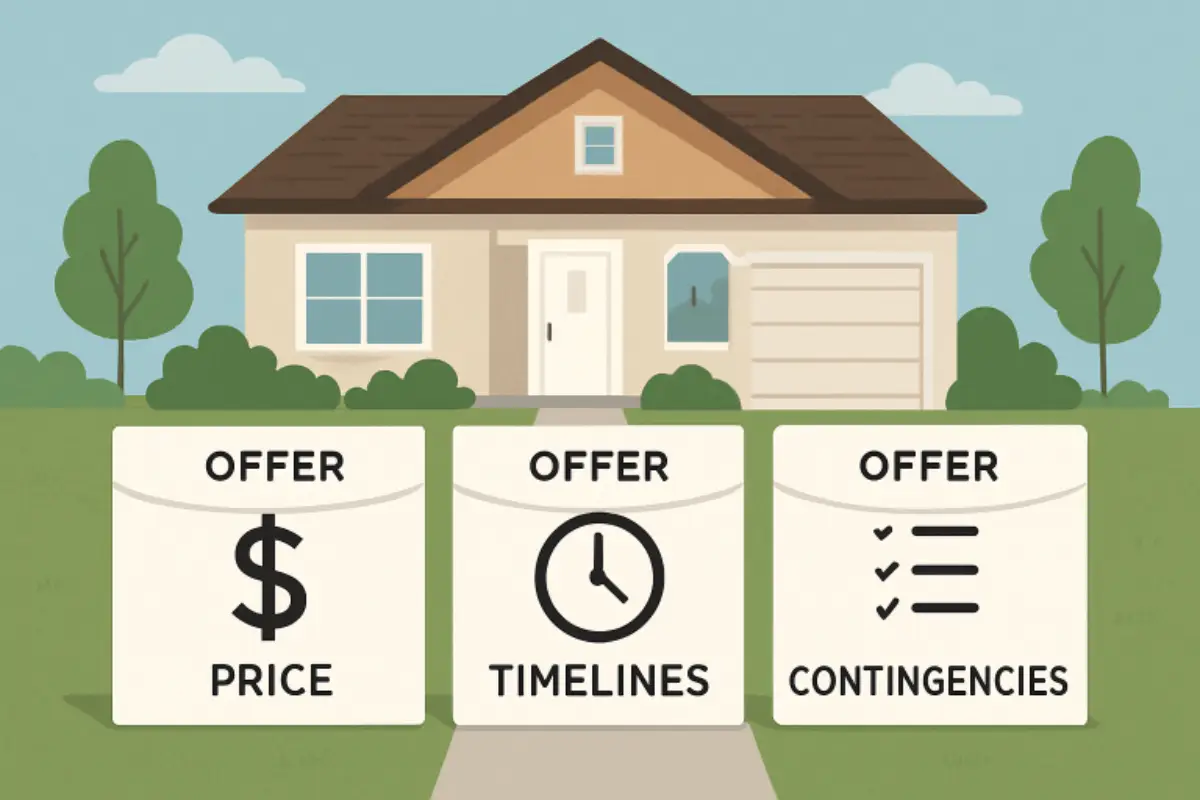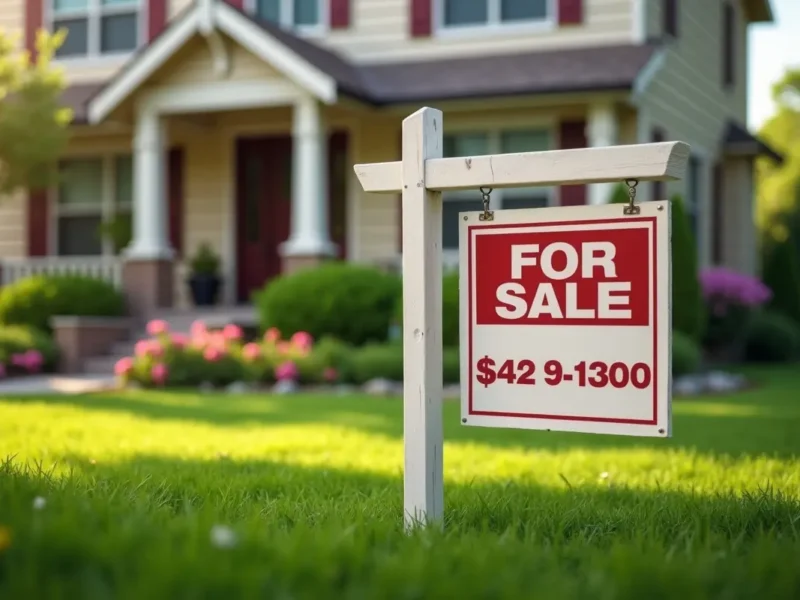Getting an offer on your home is a crucial milestone, but there’s more to consider beyond a high price. Evaluating offers thoroughly can differentiate between a smooth sale and costly delays. Over 20% of purchase contracts experience delays or fail to close, often due to financing or inspection issues. Sellers should sift through each offer to identify strengths and risks.
One resource many homeowners use to streamline this process is to compare their options among the best buyers. Working with established buyers with a reputation for straightforward transactions, flexible timelines, and reliable closings can maximize your returns and minimize your headaches.
Contents
Key Factors Beyond Price
The value of an offer goes beyond the dollar amount. Elements like earnest money deposits, contingency clauses, and closing timelines play an important role. Evaluating every detail—not just the price—is essential in competitive markets. Flexible closing dates and minimal contingencies can sometimes outweigh higher offers with complex terms, providing sellers with clarity and reliability.
The growing appeal of cash homes also plays a role, as they often close faster and avoid common financing delays or appraisal issues, making them an attractive option for sellers seeking speed and certainty. Choosing a cash home can reduce stress and streamline the selling process, especially for homeowners with tight timelines. Additionally, it provides confidence that the sale will proceed smoothly without unexpected financial hurdles.
The Importance of Financing Types
Not every buyer brings the same level of financial readiness. Cash offers are typically the strongest since they aren’t dependent on lender approval, which can introduce various variables into the process. Nationwide, cash purchases comprise about a quarter of all home sales, underscoring the prevalence and appeal of these transactions.
On the other hand, buyers requiring financing should provide a pre-approval letter and clarity on their financial status. Sellers benefit from directly communicating with the buyer’s lender to verify strength and readiness, helping minimize surprises mid-transaction.
Common Contingencies to Consider
Contingencies let buyers renegotiate or withdraw under specific conditions, such as inspections, appraisals, or financing. They protect buyers but add risks for sellers, potentially tying up property for weeks. Watch for unusual contingencies that can delay or jeopardize the sale. A simple contract with fewer contingencies benefits sellers.
Closing Timelines and Flexibility
Closing timelines vary among buyers and sellers, and flexibility can be a crucial bargaining chip. Clarify your needs and negotiate flexibility to avoid last-minute scheduling dilemmas and ensure a smooth transaction.
Analyzing Buyer Commitment and Strength
Committed buyers endorse the best offers. A substantial earnest deposit demonstrates seriousness, while buyers who don’t need to sell beforehand exhibit strength. Review their transaction history and request proof of funds. Reduced uncertainty fosters confident and prompt closings.
Final Tips for Savvy Home Sellers
Before signing any contract, remember your long-term priorities—not just the immediate selling price. Evaluating offers holistically means weighing price, buyer strength, contingency risk, and closing timeline. Seek guidance if unsure, and don’t rush the process under pressure. A thorough, methodical approach is the best way to confidently select the buyer who ensures a seamless and lucrative sale from start to finish.



